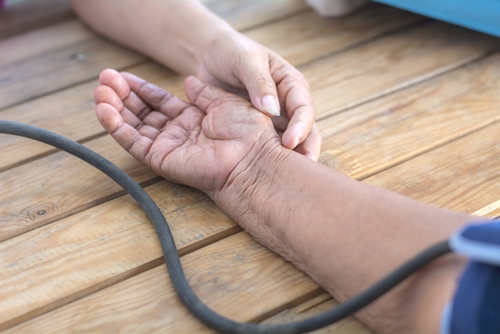For millions of Americans living in rural communities, something as simple as going to the doctor can prove to be a challenge. Medical deserts – areas of the country that are small or isolated enough to not have immediate access to mainstream healthcare – present a problem for these people and their families. Fortunately, telemedicine can help bridge this gap, welcoming more rural residents into the fold of the same care they’d receive at a metropolitan hospital.
Access to specialty services
Even in rural areas that have hospitals or clinics, it can be difficult for someone requiring specialty care to receive the treatment they need. Uncommon conditions and diseases frequently require doctors dedicated to treating them, and these personnel may be absent from small communities.
For example, one significant area where specialty care is lacking is obstetrics and prenatal healthcare. According to a report from the American Congress of Obstetricians and Gynecologists, these services can be difficult to find in these areas. The study indicated that fewer than 50 percent of women in rural areas lived within a 30-minute drive of a hospital offering prenatal services. While this can be an inconvenience when it comes to regularly scheduled checkups, in emergency situations, it can be a matter of life and death.
“Telemedicine technology is often simpler and cheaper than hiring specialists.”
Greater accessibility
One of the chief obstacles standing between rural residents and mainstream healthcare is distance. Without metropolitan clinics nearby, these residents have to travel to nearby urban centers to see doctors. This adds both extra time and money in the form of travel costs. In some cases this additional factor can even be prohibitive.
Fortunately, hospitals in cities can partner with clinics in more outlying areas to establish a telemedicine network that ensures that patients even in the most remote areas have access to medical care when needed. The Rural Assistance Center noted that telemedicine technology is often simpler and cheaper for clinics to maintain than hiring specialists to be on-hand full time. All these clinics need is a broadband Internet connection, and with the help of a company such as AMD Telemedicine that can provide a one-stop solution for designing, purchasing and installing a custom telemedicine solution, they can offer far greater access to care than was previously available.
Find out how AMD Global Telemedicine’s products and telemedicine technologies have helped bring healthcare access to patients all over the world, visit www.amdtelemedicine.com



